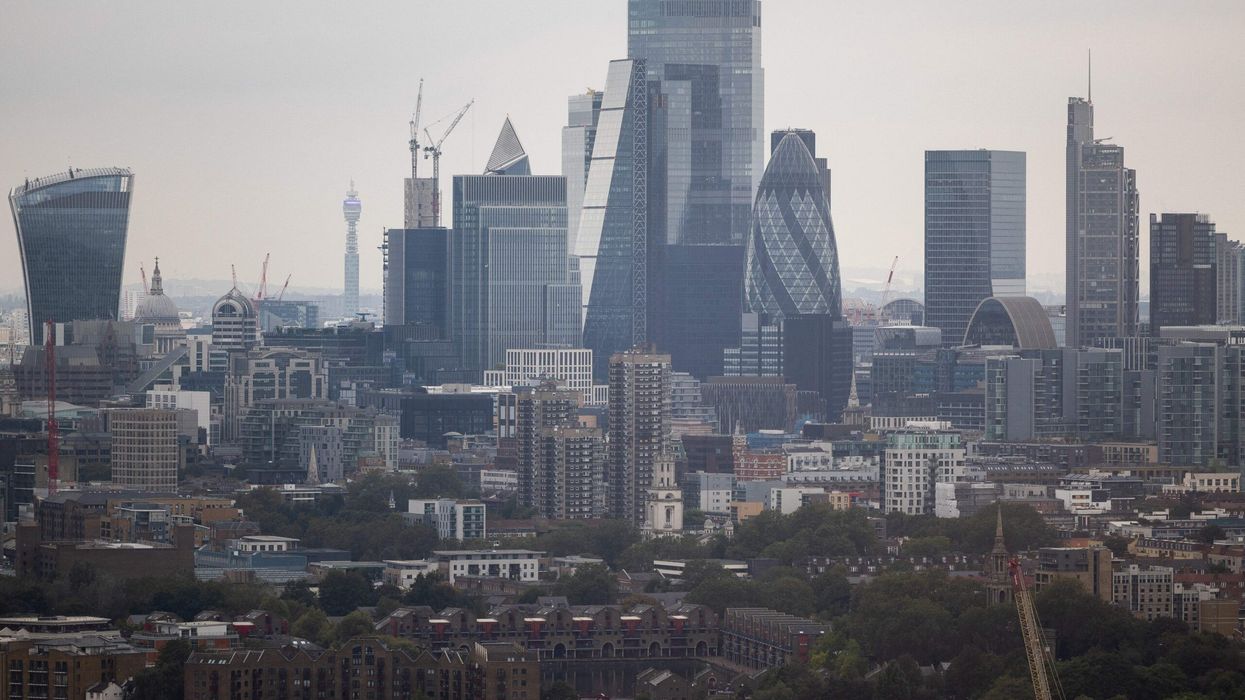British businesses are growing at the slowest rate since last year’s recession, with some companies delaying major decisions until after the July 4 election, according to a survey released on Friday.
Opinion polls indicate Keir Starmer's Labour Party is likely to take power for the first time since 2010, as prime minister Rishi Sunak's Conservatives face a potential historic defeat.
The S&P Global Composite Purchasing Managers' Index fell to 51.7 in June from 53.0 in May, marking its lowest point since November 2023 and missing all forecasts in a Reuters poll of economists.
"The slowdown in part reflects uncertainty around the business environment in the lead-up to the general election, with many firms seeing a hiatus in decision making," said Chris Williamson, chief business economist at S&P Global.
The composite PMI for the eurozone also decreased sharply to 50.8 from 52.2, driven by a significant drop in German manufacturing activity and a broad decline in business activity in France ahead of snap parliamentary elections, where the far-right is predicted to perform well.
Starmer has stated he is "pro-business and pro-worker" and aims for Labour to be "the party of wealth creation," but not all businesses may benefit.
Norwegian energy company Equinor has paused its efforts to sell a stake in the Rosebank oil development in the North Sea due to political uncertainty.
Labour has promised to block new oil and gas exploration licences and increase windfall taxes on energy companies.
June's slowdown was mainly due to a decline in the services PMI to 51.2 from 52.9, while the manufacturing sector PMI slightly increased to a two-year high of 51.4 from May's 51.2.
The figures suggest a quarterly GDP growth of 0.1 per cent, according to Williamson.
On Thursday, the Bank of England (BoE) revised its growth forecast for the second quarter of 2024 up to 0.5 per cent, citing business surveys that indicate underlying quarterly growth of around 0.25 per cent—low by historic standards but an improvement on 2023.
Official retail sales data for May, released earlier on Friday, showed a strong recovery after heavy rain caused a drop in April, and separate data showed consumer confidence reached its highest level since November 2021.
The BoE maintained rates at a 16-year high on Thursday, but some policymakers mentioned their decision was "finely balanced," leading some economists to anticipate an August rate cut.
However, the PMI data revealed businesses increased prices at the fastest rate in four months, with input costs rising due to global shipping bottlenecks, following the weakest growth in over three years in May.
"The rebound in PMI price balances suggests inflation pressures may exceed the Monetary Policy Committee's hopes," said Rob Wood, chief UK economist at Pantheon Macroeconomics, who expects the BoE to wait until September before cutting.
(Reuters)





